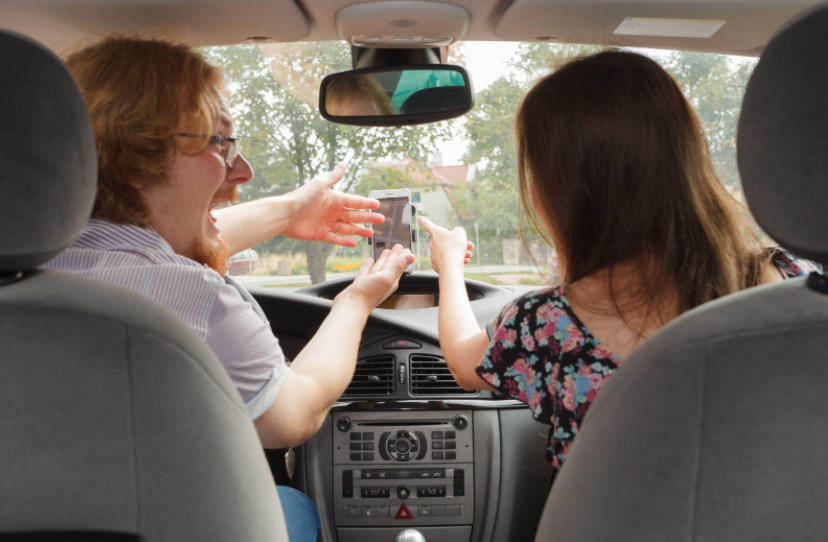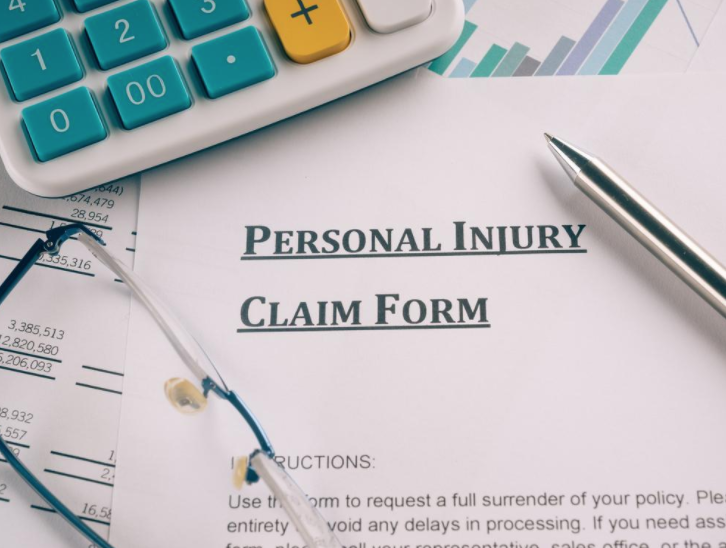Know Your Rights as a Passenger in a Car Accident
Disclaimer: The information below discusses your legal rights as a passenger in a car accident that you may find yourself involved in and shouldn’t get misinterpreted as legal advice. It is always best to contact a licensed attorney who can help you have a better grasp of the complexities involving car accident cases like yours.
You may be quite used to taking public transport whenever you have to reach point A from point B and vice versa. But one day, someone you know who drives a car offered you a ride, and you accepted it. All seemed initially well for both you and the car’s driver until you were involved in a vehicular crash. While you may have made it out alive, the extent of injuries that you’ve received as a result of the said incident may have forced you to miss out on both work and life. Thus, you want to know your legal rights as a passenger in a car accident.

What Are Your Legal Rights as a Passenger in a Car Accident?
Unlike the driver of the car that you rode in, the law gives you more rights if both of you got involved in a car accident. Those legal rights that you have as a passenger in a car accident are as follows:
- You should ensure that you didn’t contribute to causing the car accident to happen so that you can receive full compensation for the damages that it inflicted on you.
You may initially think that you’re supposed to be automatically absolved of any fault in a car accident since you were only a passenger. But before you receive your compensation, you will have to prove first that you weren’t completely at fault for the car accident that got you injured.
- If you in some way had caused the car accident itself to happen, the compensation amount that you’ll be receiving would either be lessened or even cut down to zero depending on both the state where the incident took place and the extent of your fault.
- 45 out of 50 states use a comparative fault system wherein your compensation may be whittled down to a certain percentage if you were partially at fault for the car accident itself.
- Out of the 45 states that observe comparative fault, 12 of them use its pure variant wherein you can get compensation – albeit reduced – even if you were mostly but not completely responsible for causing the car accident to happen.
- However, 33 out of the 45 states that apply comparative fault use its modified version instead wherein you’re allowed to receive a compensation amount – though again, significantly reduced – only if you were at fault for less than either 50% or 51% of the car accident itself.
- If the car accident involving you had occurred in any of the five states that follow a contributory negligence system, you wouldn’t receive any compensation at all even if you were only partially responsible for the incident itself.

- You can file a personal injury claim against the driver of the car you were in if it collided with an immobile object.
As a utility pole or some other stationary thing wouldn’t crash itself into the car that you were in, it’s safe to assume that the car’s driver is at fault for letting an accident happen to the both of you.
- You may initially hesitate to file a claim against the driver of the car that you were in, especially if they happen to be either a relative or close friend of yours. But your degree of closeness with the driver of the car that you rode in shouldn’t matter as you’re going after their insurance company.
- You should let your lawyer talk to the insurance company of the driver of the car that you were a passenger of so that you can get awarded the compensation that you deserve to have.
- You can file a personal injury claim against the driver who collided with the car that you were in if it was either parked or braked.
The driver of the car that you rode in may have parked in the front yard of some store or gas station as they have to either go to the restroom or buy something there. Or they might have put the car brakes on after seeing that a traffic light has turned red or a pedestrian is crossing the road.
- In any of the situations mentioned above, the driver of another vehicle that crashed into the car that you were in has to pay you for damages that their negligence caused you as they were the one in motion.
- Same as above, you should let your lawyer talk to the other driver’s insurance company so that you can stand a chance at receiving your rightful compensation.
Not everyone can drive a car, but anyone can become a passenger in one. All you’ll need to do as a passenger in a car is to sit back, relax, and even sleep. However, the car’s driver might have fallen asleep behind the wheel, which then resulted in both of you getting in a car crash. You should consider yourself lucky for making it out alive even if you sustained injuries as a result instead of being one out of the several passenger-related deaths caused by car accidents. You can then use the above-listed legal rights that you have as a passenger in a car accident so that you can receive compensation for all the damages that it caused you.
Vicki Haskett

Vicki is a law writing enthusiast who’s had over 25 years of experience in her field. She enjoys sharing her experiences with those who want to learn more about the legal world. In her spare time she spends quality time with her family and friends.